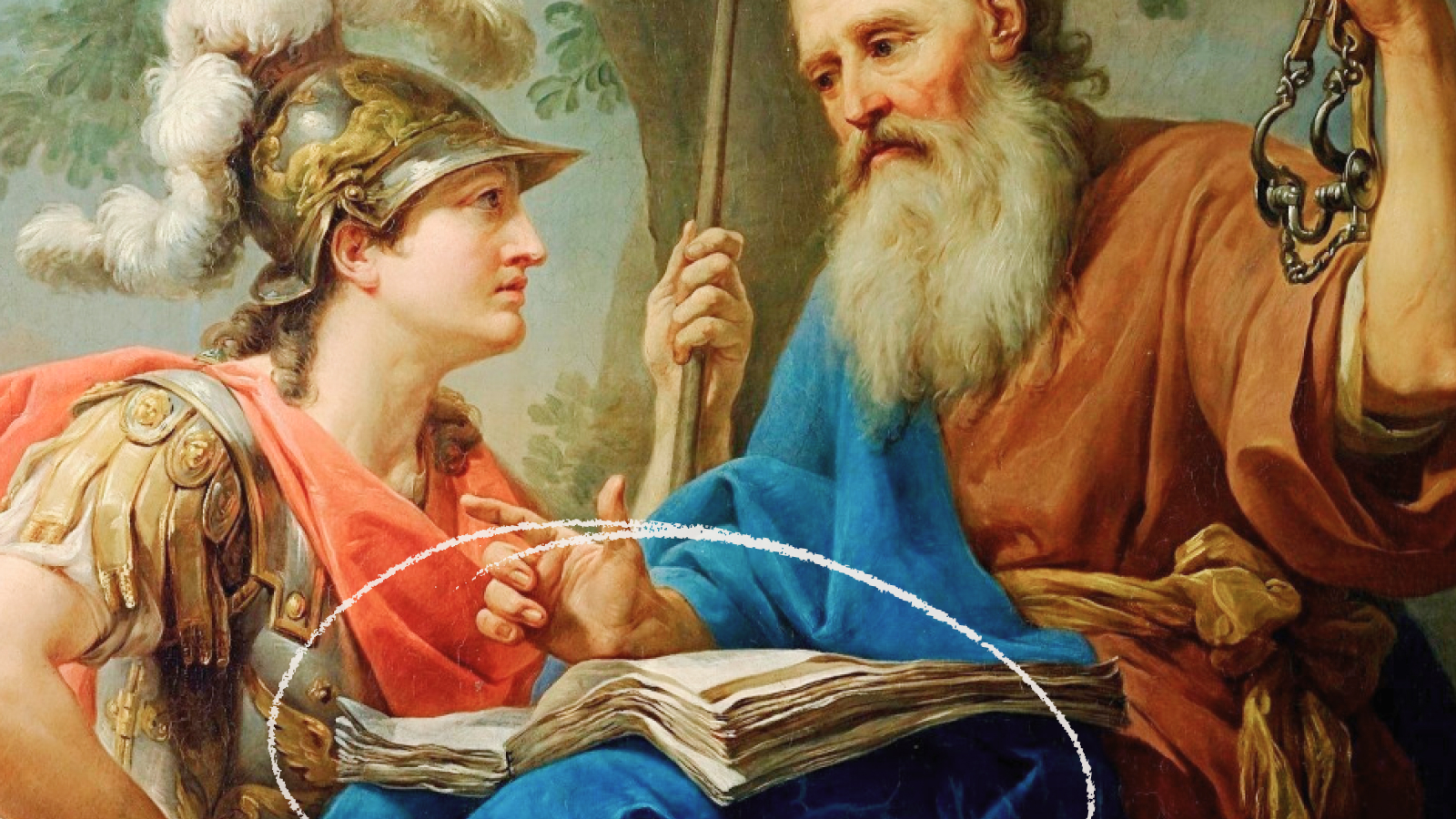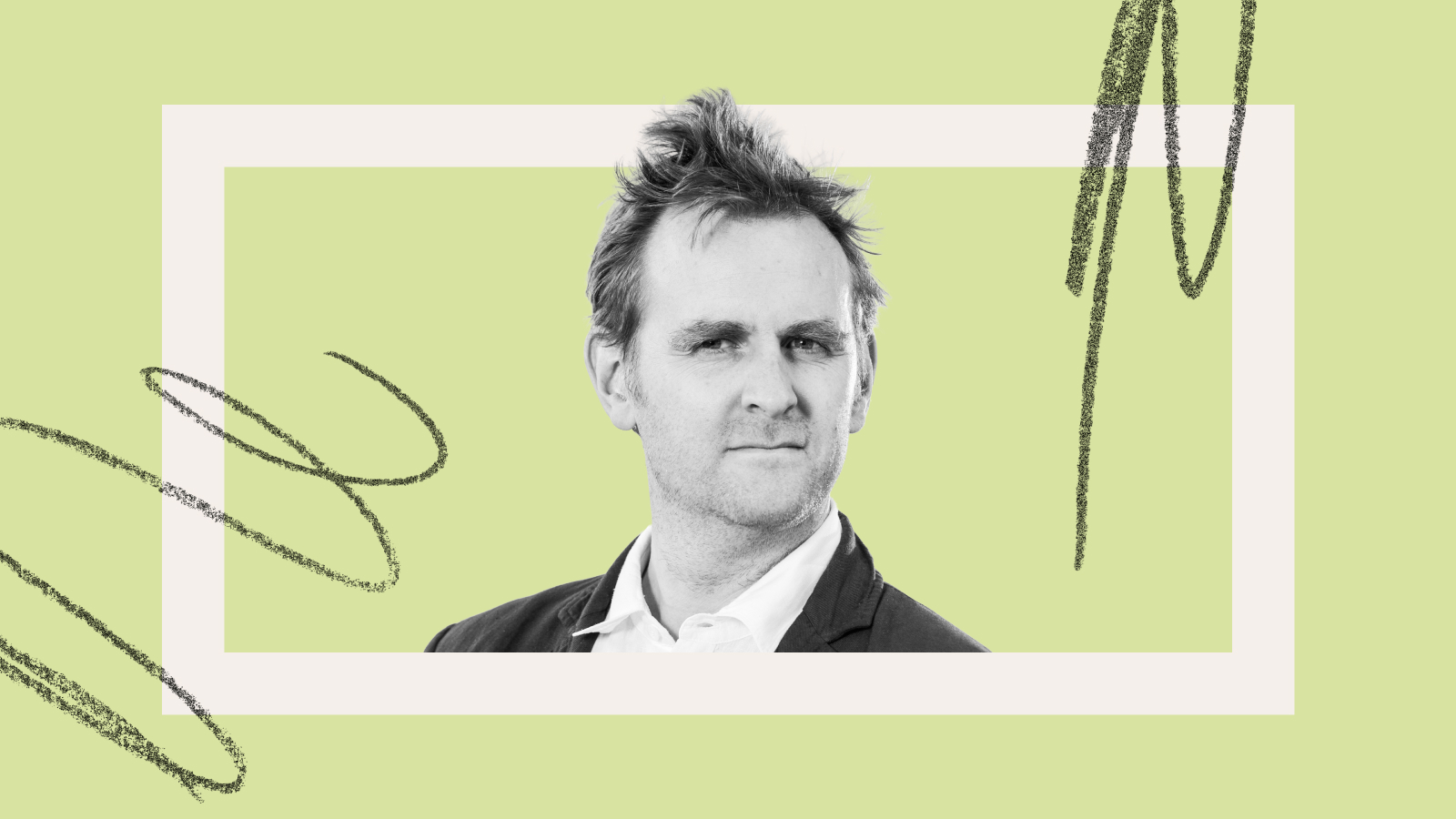Happy “Groundhog Day”

BIG THINK’s great little interview with Danny Rubin got me thinking about the relationship between happiness and mortality. His very philosophic film is all about our “rightly understood” theme of the connections between virtue, happiness, and personal love.
Groundhog Day, of course, is all about THE BILL MURRAY CHARACTER. Bill very often plays (brilliantly) the same guy. His moods are irony that masks depression or just depression. (The most full developed version of this interplay is the Bill of Lost in Translation.) We usually gets the impression that Bill is, as a searcher or seeker, detached from ordinary human satisfactions. The main thing is that he just isn’t happy. And we kind of buy into the thought that his misery must flow from superior insight. So it’s understandable why doesn’t act like such a good guy.
Certainly Groundhog Bill begins the film by affecting that air of ironic superiority. He wants to appear to live without order and necessity to his life, like Socrates’s democrat or the guy living under the unobsessive communism Marx describes. But Bill isn’t easygoing, he’s screwed up; he’s just tonedeaf to love. All in all, his life isn’t impressive to grown ups. (But we moviegoers aren’t quite grown ups.)
We like to think people are screwed up because they’re going to die. Free them from the misery of their mortality, and they’d be fine, unalienated. The Bill character probably would have bought into that “transhumanist” insight (see, for example, the more explicit whining of various Woody Allen characters).
But mysteriously freed from time and death or stuck in the eternal return of the same 24 hours, Bill soon becomes suicidal. Life is hell if other people become mere playthings at your disposal and if your life is deprived any wieght or point or purpose beyond enjoyment. Hell is being freed from the necessities of birth, love, work, and death. And the experience of hell is the remedy for self-indulgent, self-denying irony.
Bill doesn’t have the option of suicide, and so he has to invent order and necessity for himself to make life endurable. He begins to practice the virtue of charity for people who can’t have any enduring meaning (in the ordinary sense) for him. He devotes himself to cultivating his untapped talents. He masters the piano and even finds the joy of life in music. And of course he discovers personal love through his meticulous attention to the details of the longings of a particular woman. She becomes more strange and wonderful to him as she continues to elude his complete comprehension and control. And he becomes more strange and wonderful to her as he becomes more virtuous and talented and loving–as he becomes more than a typical BILL MURRAY CHARACTER.
So being mortal isn’t the deepest cause of our misery. And our happiness is found in understanding who we are–our personal longings in relation to our capabilities. That means, of course, that happiness is found in discovering and performing the responsibilities we’ve been given.
The immortality or indefinite longevity promised by the transhumanists might make human happiness harder to find than ever. But not impossible, as the Murray character discovered.
His reward, the film concludes in a pretty corny way, is a return to time and eventually death.




